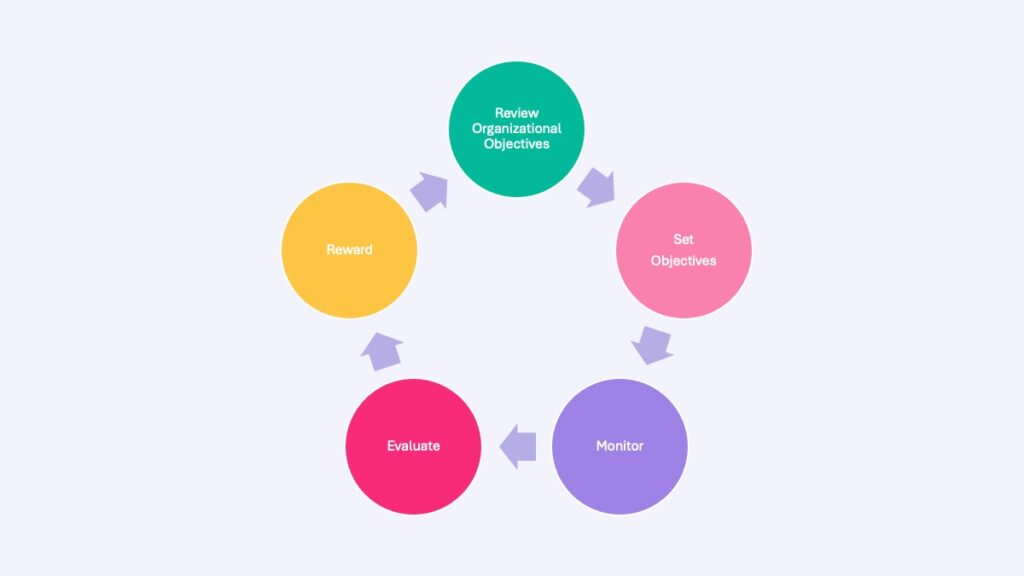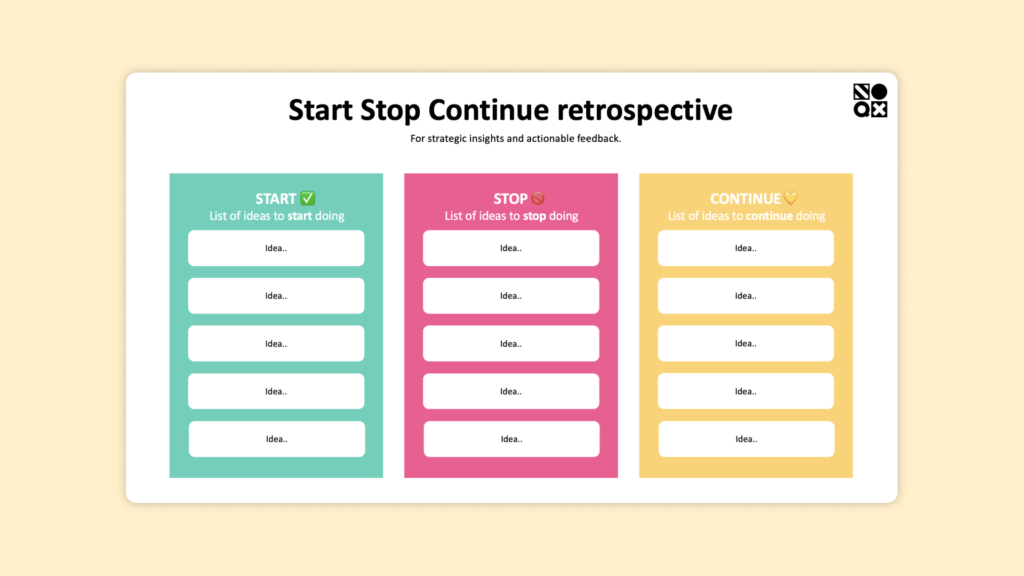Gustaf, what does communicate more mean to you in your role?
I think that as an entrepreneur, it’s about sometimes taking that step. Like going out and talking to people even when you may not be entirely ready, so that’s a lot of what it is for me as an entrepreneur—when developing or testing something, dare to talk to people, dare to take in feedback.
Can you tell us about your journey, who you are, and your journey to entrepreneurship?
My background is in law; I have worked in business law and legal tech before starting this company. It’s a combination of bureaucracy and technology, you could say. I have always liked it. Being a trained lawyer, I’ve always liked the creative side—programming, creating things, testing things. I didn’t really get an outlet for that as a lawyer, just writing contracts and following checklists. I wanted more freedom. Now, there’s a bit more room to maneuver, and I found some companions with completely different backgrounds, but we complement each other very well.
The combination of this bureaucratic mindset, having worked a lot on business-related issues, and my companions who have worked a lot with IT and psychology. We found it to be an exciting mix, leading me to feel that working full-time in a secure job is not as exciting. There’s something more interesting out there that needs testing, so it led me to jump into starting Gokind.
What problems or challenges does Gokind solve?
When you go to a banking service, you usually see a dull transaction list, and even that doesn’t provide good information. You see the transactions, but what did I buy or what is this? We help you and the bank interpret everything happening so that you can see how much you spend on certain brands, what you’ve bought, and any changes in your wallet that you can make to save money. Additionally, we have gone a step further by providing information on what the companies you buy from do and don’t do in terms of environmental, climate, and social sustainability.
Is it a challenge for Gokind to sell to banks?
Indeed, it’s a bit of both for me. Having been part of the company through various stages, sustainability poses challenges. Merely asking about importance doesn’t suffice; everyone claims it’s a priority. True success lies in addressing genuinely business-critical needs. Philanthropy is scarce in business. Our lessons highlight the necessity of solving business-critical issues. In banking and fintech, we help customers by decoding wallet data, enabling tailored banking experiences. Knowing individual interests is vital, and that differs among customers. Skillful data handling is crucial, and that’s where we assist banks. Innovation coupled with problem-solving is key.
How is it to compete against these big giants you describe?
Well, we try to carve out a niche. The giants aim for comprehensive global solutions from the start, often resulting in failure. Our niche is excelling in analyzing Nordic bank data, understanding the local market thoroughly. When giants arrive, seeking global solutions, they often falter. Niche specialization geographically and becoming the best locally gives us an advantage. We learn from this and, when the opportunity arises, gradually expand to other markets rather than aiming for immediate global scalability, which isn’t feasible.
You mentioned facing setbacks. Can you share a failure, something that hasn’t worked well?
Our current approach stems from past failures. Initially, we developed an open banking app for consumers, allowing anyone to connect their bank accounts, but we underestimated the challenge of marketing to consumers while simultaneously building partnerships. It became overwhelming, and we made the mistake of doing too much. We learned from this and pivoted our approach when a major bank approached us, realizing the potential for a niche in partnering as a technical solution provider. Our successful pivot was recognizing what worked well, particularly in analyzing user bank data. We shifted our focus to becoming a technical partner for sustainable companies, and that’s where our business thrives now. The pivotal moment was when a major bank recognized our success and proposed a partnership. We quickly adapted, leaving behind the challenges of the consumer app, and it felt like the right move at that time.
And if you could share a success story?
would say it’s primarily how the team has evolved. We’ve been fortunate, or skilled, in our recruitment. Colleagues who truly align with our vision have joined Gokind, even though they were well into their careers. Recruiting top talent has been very successful for us. One approach we’ve applied and will continue is recognizing that transitioning to a startup might be too big a leap for someone in a senior position with a good salary. Especially in these times, recruiting for startups has become challenging due to the bursting of the valuation bubble and increased living costs, making a stable salary crucial. Thus, attracting senior professionals becomes harder. What we’ve done, and will continue doing, is not attempting to recruit full-time from the start. Instead, we engage experienced individuals part-time, allowing them to dedicate 10 to 15 hours initially. If they genuinely like and are interested in what we do, they can start project-based and gradually transition into a role, understanding its scope and taking risks.
How do you find these candidates?
Surprisingly, it’s been through LinkedIn. We’ve identified the needed expertise, contacted individuals, explained what we do—analyzing bank data, providing sustainability information on companies—and invited them for a digital coffee. We look for people with their skills, and it has been very effective. When expanding our tech team, we initially approached an IT recruitment agency, stating our need for senior developers, preferably women. The agency found it challenging, so we took matters into our own hands, used LinkedIn, and found candidates. We had interviews within 2 to 4 days.
What’s life like as an entrepreneur for you personally?
For me, it’s good. Having young children imposes natural limits on how much I can work, setting clear boundaries for work-life balance. A younger version of me might have found it tougher to draw these lines. It feels good; it’s like a roller coaster. One moment, you think you’ve nailed it, know how to communicate the problems we solve, how the product should look, and what all customers will want. Then, a week later, you talk to new customers, and it’s not quite right. It’s a roller coaster, but you have to appreciate the charm in it. It’s supposed to be challenging.
You mentioned Gokind involves analyzing gender equality and climate data. Could you tell me more?
Imagine you have a bank and a debit card. You receive bills from various companies like clothing stores, electric companies, and insurance providers. Instead of reading through countless reports to make informed choices based on sustainability values, our company gathers and presents all the essential information for you. So, when you get a bill or need to renew insurance, you can easily check how the company compares to its competitors on issues important to you, promoting better alternatives.
Could you share some financial insights? Have you raised capital, and how does your financial situation look?
In the early stages, our funding for Gokind relied on grants from organizations like Vinnova and the EU. Last year, we secured capital from business angels, and this year, we received additional funding from our first venture capital firm, Plug and Play. Currently, we have around 200 million SEK in risk capital. We are not profitable yet, as we are engaged in B2B sales with long sales cycles. We’re working on pilots that generate revenue but don’t cover long-term costs. Building sustainable business models takes time, and it might be a few years before we see clear bottom-line results. Our focus is on being in close conversations with customers, expanding and testing various banking products with our technology.
Given the longer sales cycles, how do you prospect at Gokind and reach out to potential clients?
In these early stages, it involves a lot of manual outreach, using personal networks and connections to initiate conversations. We experiment with different approaches and adapt based on the feedback, continually seeking new discussions and partnerships within the banking world.
What can we expect from Gokind in the future? What’s your long-term vision?
Our vision is to empower every consumer and business in the EU to make guided decisions based on their defined sustainability values. We aim to provide objective guidance on every purchase, order, or investment. Our goal is to make these choices easy and not demand too much time from consumers. We want to enable everyone in the EU to benefit from this, starting with our home market where we have the best chance to make an impact.




